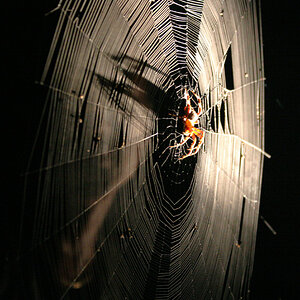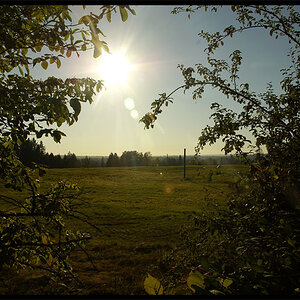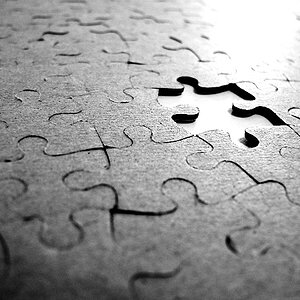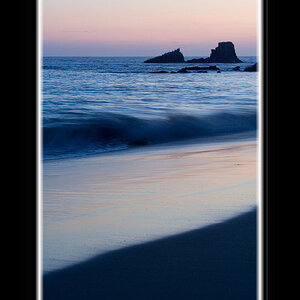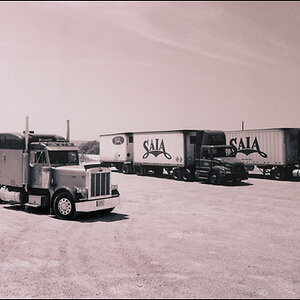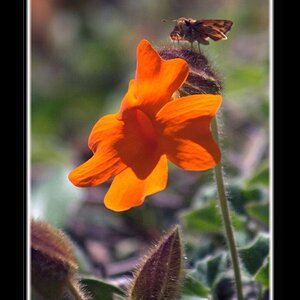ramizlol
TPF Noob!
- Joined
- Nov 24, 2015
- Messages
- 24
- Reaction score
- 3
- Can others edit my Photos
- Photos OK to edit
Hi everyone, this is my first post on this forum. I am very new to this photography thing. I currently have Nikon d3300 with the kit lens. Here is few pictures I have taken please give me any tips to improve my pictures or things to pay attention to.
1. The colors were horrible so I decided to lower the saturation and pumped up the clarity
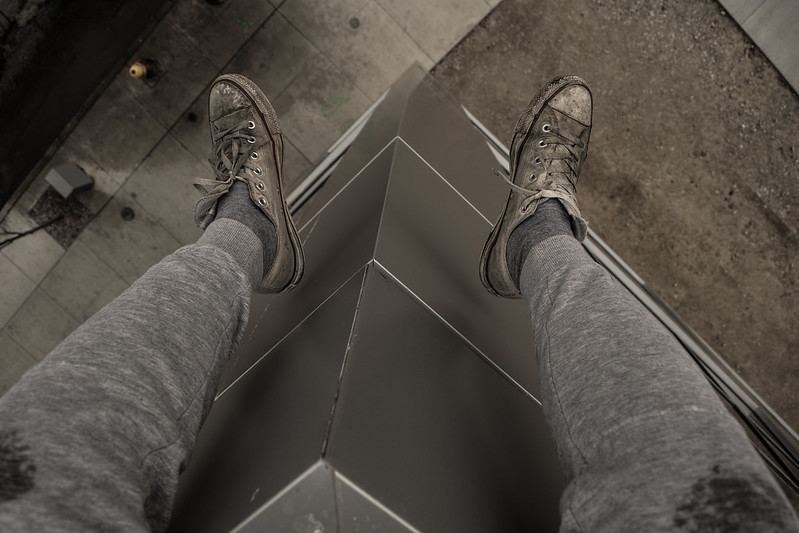 DSC_0232 by ramiz toma, on Flickr
DSC_0232 by ramiz toma, on Flickr
2.I shot this in raw and over exposed it. I felt my only options was to go B&W or lower saturation. I feel like the picture isn't as sharp as it could have been. I used a tripod. Btw I believe this was 25 sec shutter
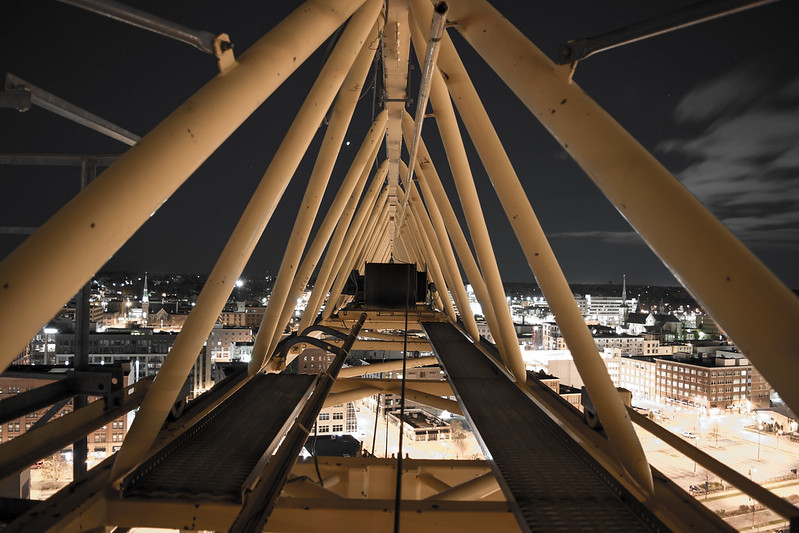 DSC_0223-2 by ramiz toma, on Flickr
DSC_0223-2 by ramiz toma, on Flickr
I have shown this picture to few people and comment that I got was it looked unrealistic and lacked depth.
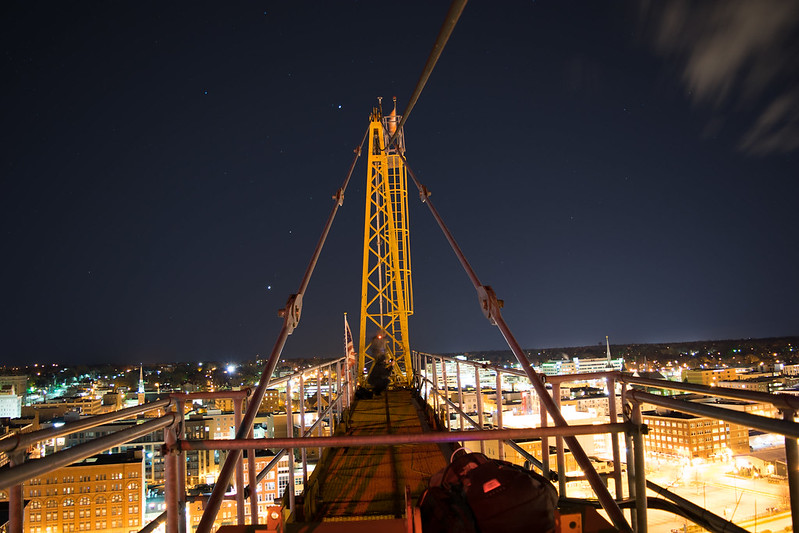 DSC_0203-2 by ramiz toma, on Flickr
DSC_0203-2 by ramiz toma, on Flickr
1.I feel this one has been one of the best pictures I have taken. The green look very weird by the tree tho
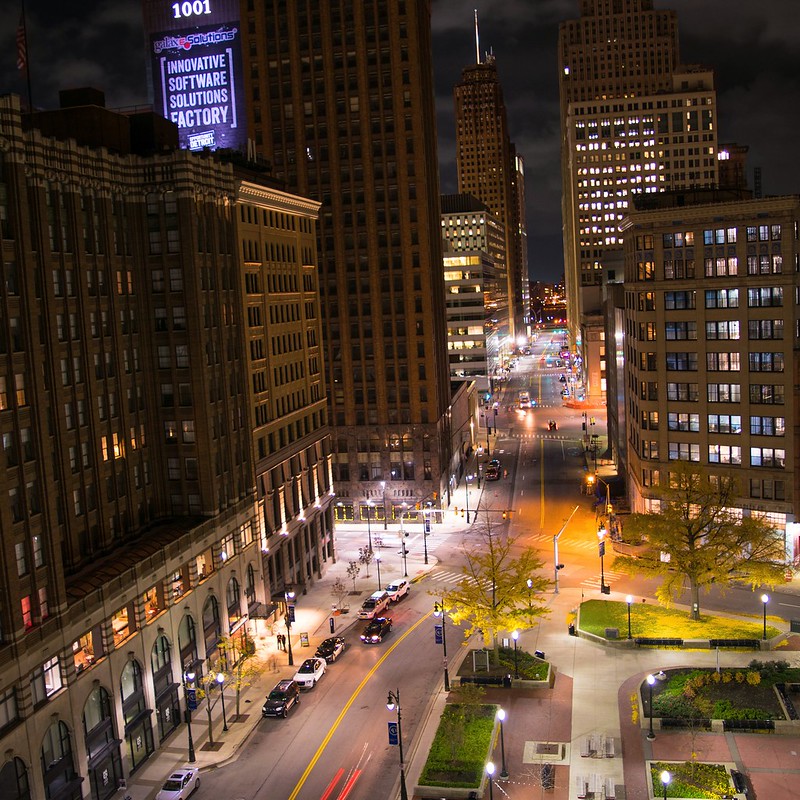 IMG_20151110_111343 by ramiz toma, on Flickr
IMG_20151110_111343 by ramiz toma, on Flickr
I really liked this one even those it looks very edited or animated. I liked the over exposed light behind the stairs
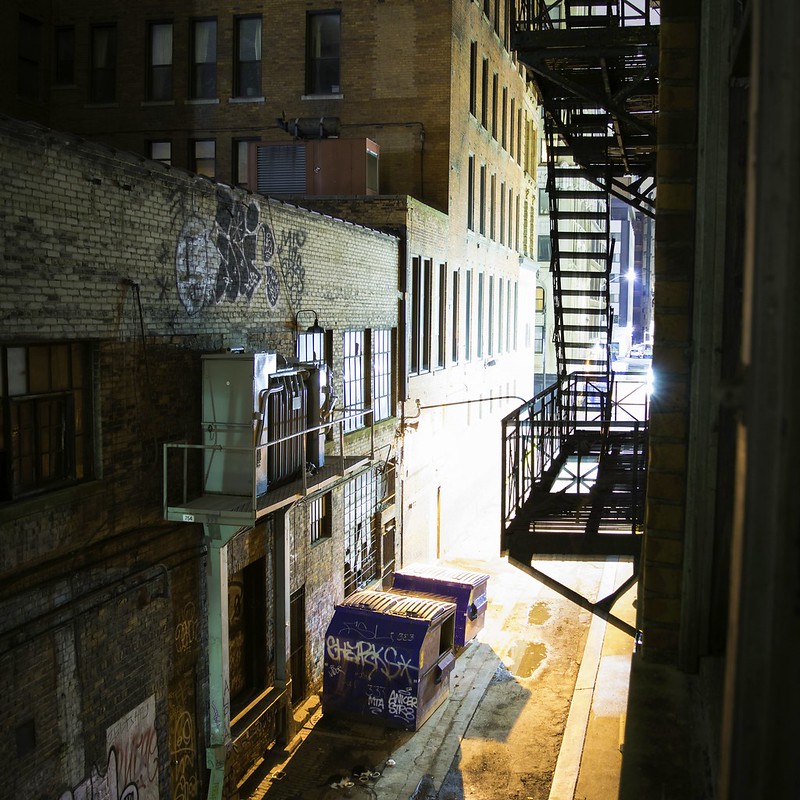 IMG_20151107_213418 by ramiz toma, on Flickr
IMG_20151107_213418 by ramiz toma, on Flickr
This is a random one lol
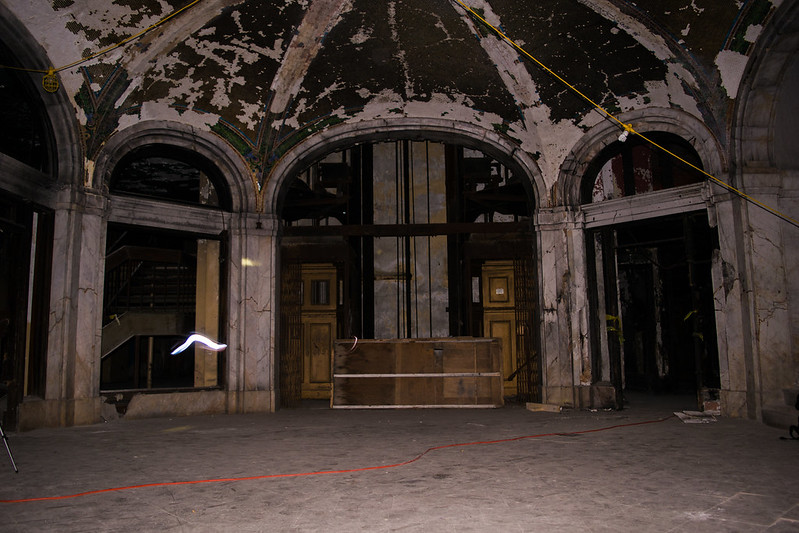 DSC_0035 by ramiz toma, on Flickr
DSC_0035 by ramiz toma, on Flickr
I shot this in jpeg, I had the wrong WB set and couldn't do much editing to fix it
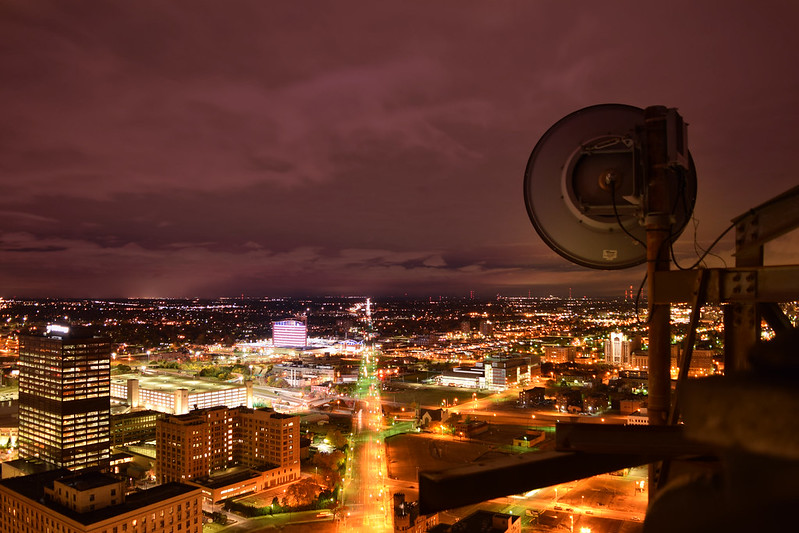 DSC_0040 by ramiz toma, on Flickr
DSC_0040 by ramiz toma, on Flickr
Same thing here, jpeg with wrong WB
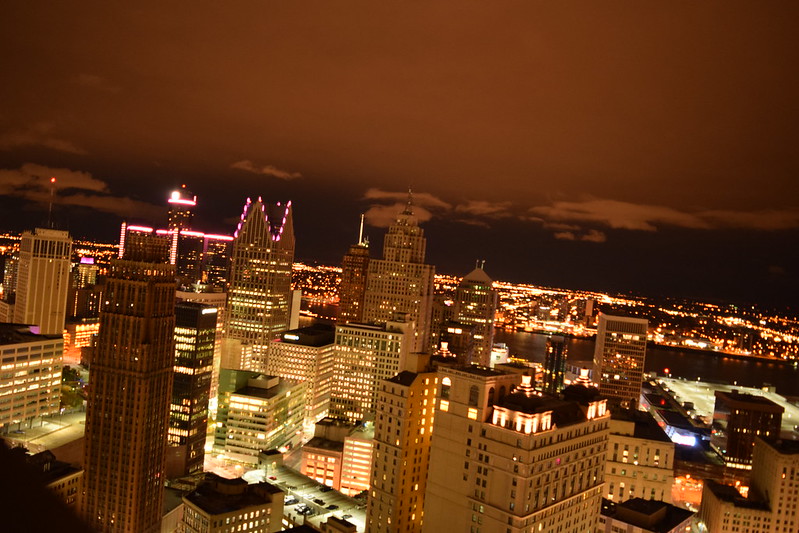 DSC_0049 by ramiz toma, on Flickr
DSC_0049 by ramiz toma, on Flickr
1. The colors were horrible so I decided to lower the saturation and pumped up the clarity
 DSC_0232 by ramiz toma, on Flickr
DSC_0232 by ramiz toma, on Flickr2.I shot this in raw and over exposed it. I felt my only options was to go B&W or lower saturation. I feel like the picture isn't as sharp as it could have been. I used a tripod. Btw I believe this was 25 sec shutter
 DSC_0223-2 by ramiz toma, on Flickr
DSC_0223-2 by ramiz toma, on FlickrI have shown this picture to few people and comment that I got was it looked unrealistic and lacked depth.
 DSC_0203-2 by ramiz toma, on Flickr
DSC_0203-2 by ramiz toma, on Flickr1.I feel this one has been one of the best pictures I have taken. The green look very weird by the tree tho
 IMG_20151110_111343 by ramiz toma, on Flickr
IMG_20151110_111343 by ramiz toma, on FlickrI really liked this one even those it looks very edited or animated. I liked the over exposed light behind the stairs
 IMG_20151107_213418 by ramiz toma, on Flickr
IMG_20151107_213418 by ramiz toma, on FlickrThis is a random one lol
 DSC_0035 by ramiz toma, on Flickr
DSC_0035 by ramiz toma, on FlickrI shot this in jpeg, I had the wrong WB set and couldn't do much editing to fix it
 DSC_0040 by ramiz toma, on Flickr
DSC_0040 by ramiz toma, on FlickrSame thing here, jpeg with wrong WB
 DSC_0049 by ramiz toma, on Flickr
DSC_0049 by ramiz toma, on Flickr
Last edited:


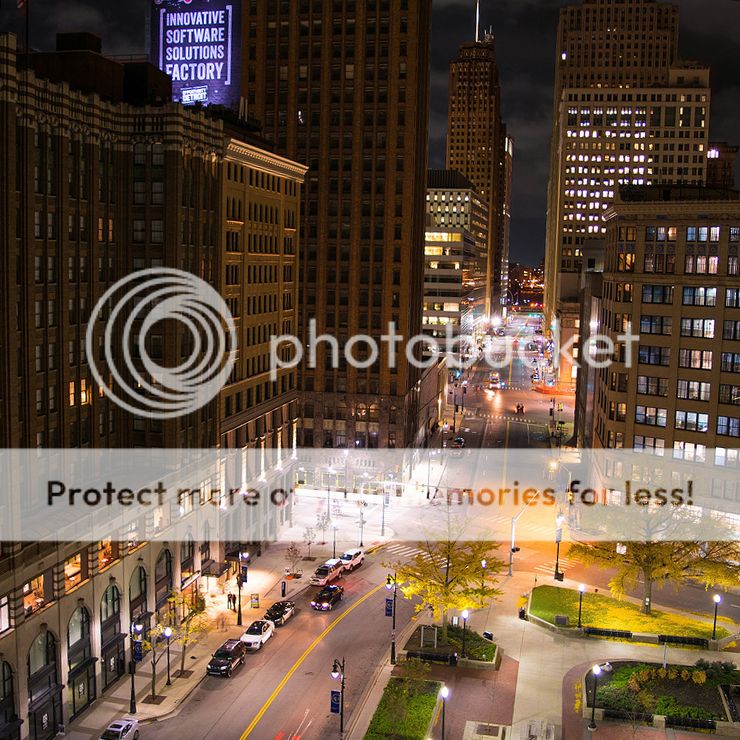


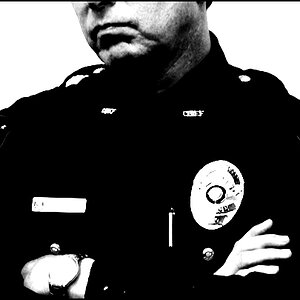
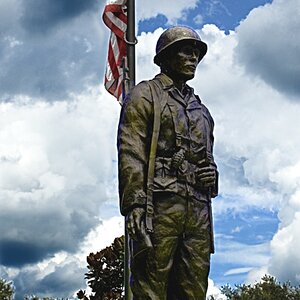
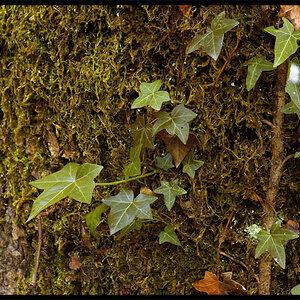
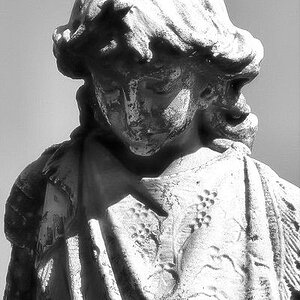
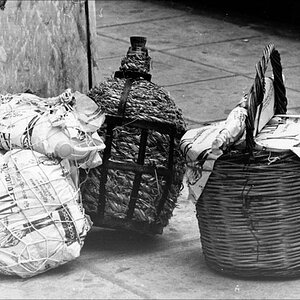
![[No title]](/data/xfmg/thumbnail/31/31708-69f4ec98ec000d4fc9a9a1cc282e8e16.jpg?1619734965)
